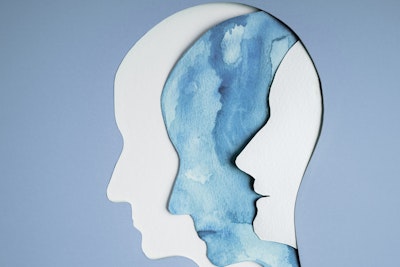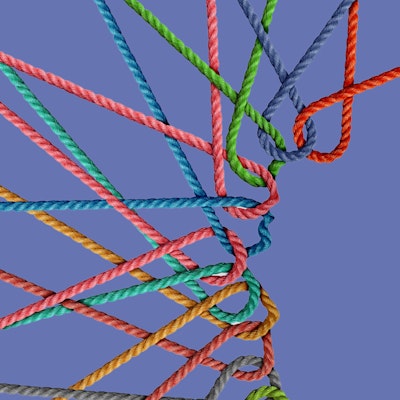Setup
What does neuroscience have to offer education? A panel of leading developmental neuroscientists and master educators explain how a deepening understanding of interdependent neural processes can revolutionize teaching and learning. Emotions do not interfere with learning, as we once believed, but rather are crucial to our ability to engage complex ideas, process and retain information, and build on experience. By applying insights about interconnected social, emotional, and cognitive development pathways to the classroom, we can dramatically improve the academic success and lifelong well-being of young people. (Underwritten by Robert Wood Johnson Foundation)
Speakers
-
 Mary Helen Immordino-YangAssociate Professor of Education, Rossier School of Education; Associa...
Mary Helen Immordino-YangAssociate Professor of Education, Rossier School of Education; Associa... -
 Sarah WatamuraAssociate Professor of Psychology and Director, Child Health and Devel...
Sarah WatamuraAssociate Professor of Psychology and Director, Child Health and Devel... -
 Nadine Burke HarrisFormer Surgeon General of California
Nadine Burke HarrisFormer Surgeon General of California -
 Jacqueline JodlDirector, Education and Society Program, The Aspen Institute
Jacqueline JodlDirector, Education and Society Program, The Aspen Institute
Explore More
Science


The rapid development of the Covid-19 vaccine and the ramp-up of manufacturing and global distribution were unprecedented feats of medical coordination. But those on the insid...

Space… the final metaphor for the unknowable. But we are certainly trying to understand what goes on out there, and the more we learn, the more fascinating questions start to...

Since 2014, Aspen Ideas: Health has welcomed nearly 800 inspiring women leaders to our stages to share their bold approaches to better health. In honor of Women's History Mont...

Our attitudes, habits, pleasures, and responsibilities shift across the generations, influencing the health challenges we face and how we respond to them. Expectations about h...

Setting audacious goals helps to redefine what is achievable in health, medicine, and science. As we deepen understanding of the human genome, unravel the mysteries of the bra...

As we wrap-up another year of elevating big ideas at Aspen Ideas: Health, we're excited to share the 15 most-watched sessions from the event. These conversations with inspirin...


Young people in America are struggling. The causes are varied and may not be entirely clear, but the results are unfortunately unmistakable. Many of our youth feel lonely, iso...


Research on aging and extending life and healthspan has ventured beyond humans to our best animal friends – dogs. In less than a year, dog owners may be able to buy a drug tha...

In America, millions of people struggle with mental health including depression, anxiety, and more — all further exacerbated by living through a pandemic. The National Allianc...

Finding the national and global headlines understandably bleak lately? Whether you need mental distraction or stimulation, engross yourself in compelling topics and get a gli...

The United States spends $4.3 trillion—almost one fifth of the nation’s GDP—on health care. As the scale of the medical enterprise expands, venture capitalists are pursuing th...

Today's kids are coming of age against a backdrop of political, social, technological and economic upheaval. While these circumstances are shaping a precocious generation that...

Advocates, healthcare providers, legislators, researchers, and venture capitalists are bringing the unique health needs of women to light – from vigorous policy debates on iss...

From the debate over reproductive rights to the epidemic of gun violence to the youth mental health crisis, this year's Aspen Ideas: Health sessions tackled many of today's mo...

The recognition that all things are connected is at once a scientific principle and a philosophical touchstone. Humans, animals, and the environment are intertwined in complex...

Our need for human connection is profound and deep. Yet, today, one in two adults are living with measurable levels of loneliness – and the numbers are even higher among young...

For as long as humans have looked at the skies, we’ve speculated about whether there is life in space. Scientists, the U.S. military and the CIA have all searched for proof of...

In “Mindset Matters,” Daniel R. Porterfield advances the argument for the value of undergraduate education and suggests ways to improve education for new generations. Three co...

It sounds like sci-fi: Scientists are beaming solar energy from space, subbing seaweed for plastic and brightening clouds to reflect sunlight to lower temperatures in a warmin...

Artificial intelligence is revolutionizing health care by improving patient navigation, telehealth and the speed of drug development. From enhancing patient and provider exper...





